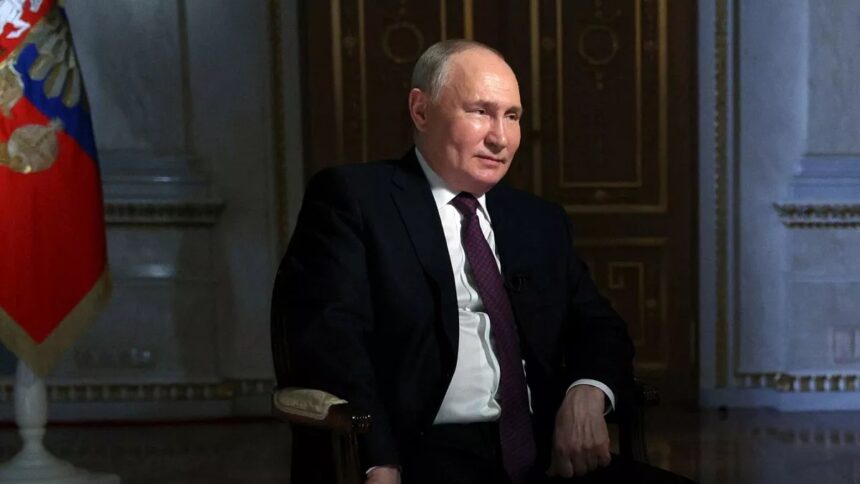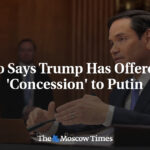Renewed packages of sanctions from the EU and US were supposed to weaken the Russian economy. Instead, it has adapted, and remains robust just as Vladimir Putin is about to get reelected for a fourth presidential term.
The resilience of the Russian economy is without a doubt a key selling point for President Putin, who’s been continuously leading Russia since 1999, either as President or Prime Minister.
But it was not supposed to be the case. After the invasion of Ukraine in 2022, many large companies left Russia, and both the EU and US coordinated and renewed several rounds of sanction packages, aimed at impacting the Russian economy and indirectly help Ukrainians in their war effort.
The 2022 escalation to a full-scale war was not the beginning of the conflict. That began with the invasion and annexation of Crimea in 2014.
Russia came prepared
Both the United States and the European Union had already imposed diplomatic, economic and financial sanctions on Russia back then. Although lighter than the current ones in place, Moscow took those warnings seriously, and knew that a full-scale invasion would mean additional, tougher measures.
Russia therefore prepared its economy to transition to a war economy. It kept on consolidating its financial and energy markets, turning to Eastern allies such as China, for instance with the ESPO pipeline.
If Russia is indeed isolated from the so-called West, it has many powerful allies elsewhere with whom it maintains good relations – such as most of its direct neighbours, who used to be part of the Soviet Union. Thanks to such partners, trading with Europe is still possible, albeit some adjustments.
The sanctions also took a while to be implemented, and Russia enjoyed a 12-month period before EU measures banning Russian oil took effect – allowing time for some extra preparation.
Oil keeps the Russian economy afloat
In spite of the sanctions, Russia remains one of world’s largest oil exporter, and benefits from Saudi Arabia’s last year’s decision to cut down on crude oil exports. Until then, the kingdom was the world’s first oil exporter.












